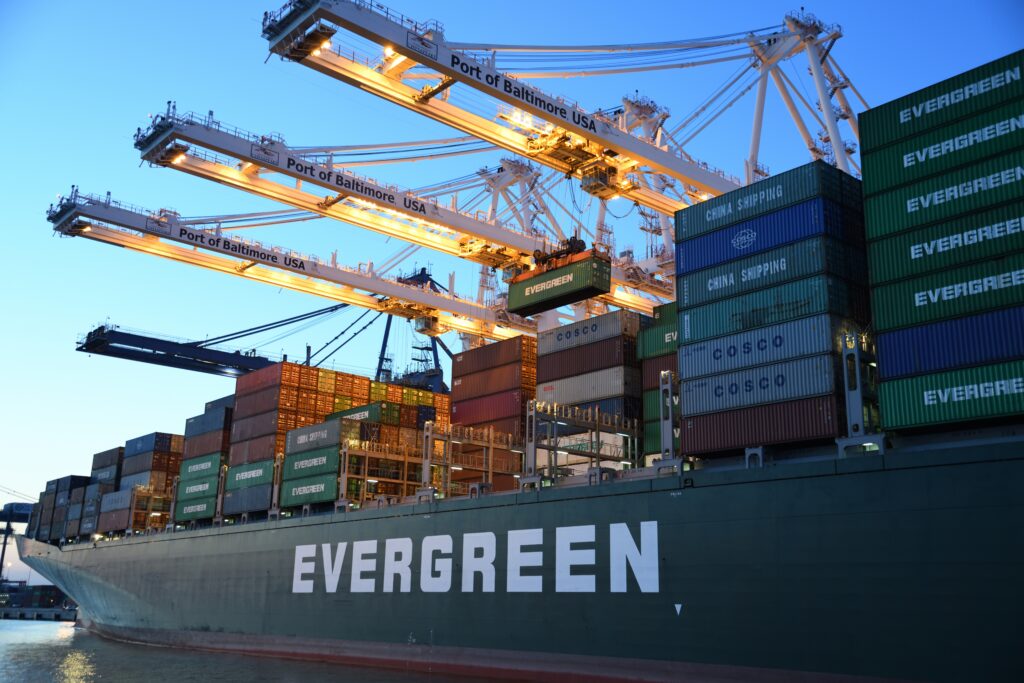Temple Stoke Chambers is regularly instructed to draft mortgages over ships and provide legal opinions on the validity of mortgages. Creating a valid mortgage means carefully drafting a mortgage instrument to the specifications of the Client. Clients, who are usually Banks or other lending institutions, normally have time sensitive specifications that require the drafting and review to be done in conjunction with funding becoming available or mass vessel reflagging.
What types of ship mortgages exist and what obligations may a ship mortgage secure? Can contingent obligations, including swap obligations, be secured? Are there standardised forms?
There is no prescribed form of mortgage in SVG. This is due to the fact that there are, at the time of writing no shipping regulations that prescribe this. Rather, a first registered mortgage typically includes the limited information required by law and SVGMARAD registry procedures and whatever covenants the parties choose to include that are not included elsewhere in the relevant debt documentation. The ship mortgage, therefore, is by practice and custom a more comprehensive document than a statutory form mortgage.

Give details of any required form for ship mortgages in your jurisdiction.
While no prescribed form is required, a mortgage application must comply with the following formalities:
- identify the vessel;
- Be endorsed on the Vessel’s documentation (on the Certificate of Registry)with time and date (done by the Registry)
- state the name and address of Mortgagor and Mortgagee;
- state the amount and maturity date of the mortgage;
- be signed, witnessed and acknowledged; and
- Be accompanied by an affidavit of good faith.

Registration of mortgages
Who maintains the register of mortgages? What information does it contain and where are such filings to be made? What is the effect of registration?
The SVG Maritime Administration’s Ship Registry maintains the register. There are two branches of the SVGMARAD with the home office in Kingstown run by the Registrar of Ships and Seafarers and the overseas office run by the Commissioner of Maritime Affairs. Both are under the Director of the Maritime Administration. The effect of a proper recording of a mortgage is that it becomes a ‘ registered mortgage’ entitled to the first in time priority set out in the applicable statute Shipping Act 2004, as amended.
Must the total amount of the mortgage be stated therein? Must the mortgage contain a maturity date? Must the underlying debt instrument be filed with or attached to the recorded mortgage?
The total amount of the mortgage must be stated therein. The underlying debt instrument does not need to be filed with or attached to the recorded mortgage, but if the debt instrument is not attached, the mortgage instrument itself should set forth sufficient information to be able to allow a court being asked to enforce the mortgage (or a third party inspecting the documents on file with SVGMARAD) to determine what debts are in fact secured by the mortgage and in what instances the mortgage can be enforced. Hence, the practice has developed that the principal debt instruments are filed as annexes to the mortgage document itself.
Filings on transfer
If the mortgagee is an agent or trustee for a lending syndicate, must any filings be made upon transfer of a portion of the underlying debt among existing lenders or to a new lender?
If a member of the syndicate is transferring its interest in the underlying debt to another party, no filing need be made with SVGMARAD unless the mortgagee itself is changing. If the latter is the case (which is typical in a bilateral loan transaction or if the agent or trustee was the principal lender and is exiting the transaction), it is prudent that an assignment of mortgage be recorded with SVGMARAD.
Maritime liens
What other maritime liens over vessels are recognised in your jurisdiction? Do these claims give rise to a right to arrest a vessel?
SVG is under the Eastern Caribbean Supreme Court that allows liens over ships by virtue of it Admiralty and Prize Act as well as the Civil Procedure Rules 2000, as amended Part 70. This is a very extensive list which includes enforcement proceedings for claims for personal injury; wreck and salvage including contract salvage; condemnation or forfeiture; default of navigation; debt collection; collision; general average; use or hire of a ship; bottomry; master or crew or seafarer wages; claim for damage received by a ship to persons or cargo and many more.
What maritime liens rank higher than a mortgage lien?
Certain liens like seafarer wage claims, together with any liens that arose before the recording of the relevant mortgage and those listed in the Shipping Act 2004, will have priority over the mortgage, as will expenses for the vessel in custody, that is, while in the possession of the court during foreclosure proceedings.
Non-mortgage liens
May non-mortgage liens be recorded over a vessel?
Yes. A party asserting a maritime lien claim against an SVG flag vessel may file a notice of claim of lien with SVGMARAD. The filing of such a notice does not alter or change the priority of the claim or, by itself, create a lien. However, creditors sometimes file these notices to create procedural hurdles for future sales of the relevant vessel or to put mortgagees and other third parties on notice of the claim.
Foreign’ flag vessels
Will mortgages on ‘foreign’ flag vessels be recognised in your jurisdiction? If so, do they share the same priority as those on vessels registered under the laws of your jurisdiction?
Yes, assuming they were properly executed and recorded at the vessel’s home port or in a central registry in accordance with the laws of such foreign jurisdiction. An application can be made to the Court to enforce the agreement as it would become a breach of contract claim or debt collection claim which are legitimate enforceable bases of ship arrest. They may not share the same priority.
Limitations on rights of self-help
What are the limitations on rights of self-help by a mortgagee?
Self-help remedies cannot be exercised if the exercise thereof would cause a breach of the peace.
Duties to owner or third-party creditors
What duties does a mortgagee owe to an owner or third-party creditors?
Generally, beyond the duty to act in good faith, a mortgagee owes no duty to an owner in default or to a third-party creditor.
Chevanev Charles, LL.M is a practicing attorney at Temple Stoke in St Vincent and the Grenadines with a masters’ in International Maritime Law from the International Maritime Law Institute in Malta.
